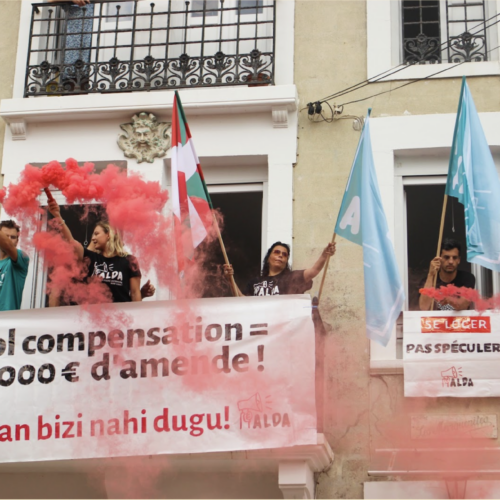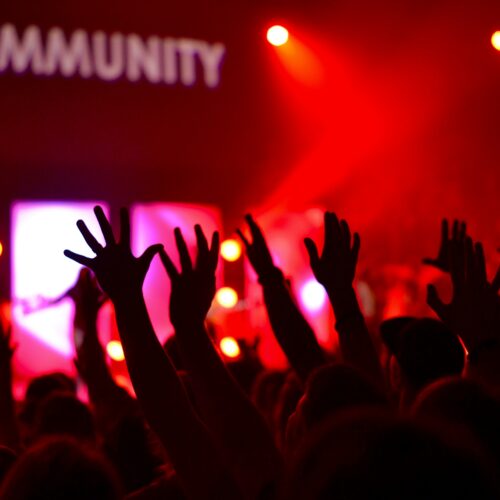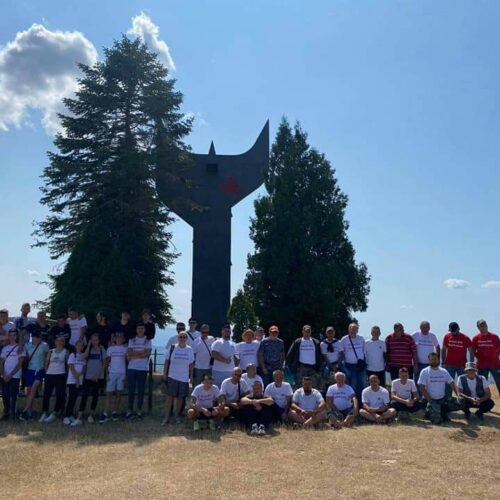Until not long ago, the biggest island of Germany, Rügen, was known as one of Germany’s favourite summer holiday destinations. Today, the first thing that comes to the mind of many when thinking of this beloved place is the LNG issue – LNG standing for “Liquified Natural Gas”. Even though the vast majority of the island’s inhabitants and beyond are against it, the government is pursuing the build of this LNG terminal in the island’s coastline. Apart from the fact that this project destroys the idyll vibe of the island, the world “natural gas” is misleading, since there’s nothing natural or green about gas extraction. Most of it is imported from fracked gas from the US, as fracking is illegal in Germany, making governments and the fossil fuel industry lie to cover for a supposedly “greener” energy source.
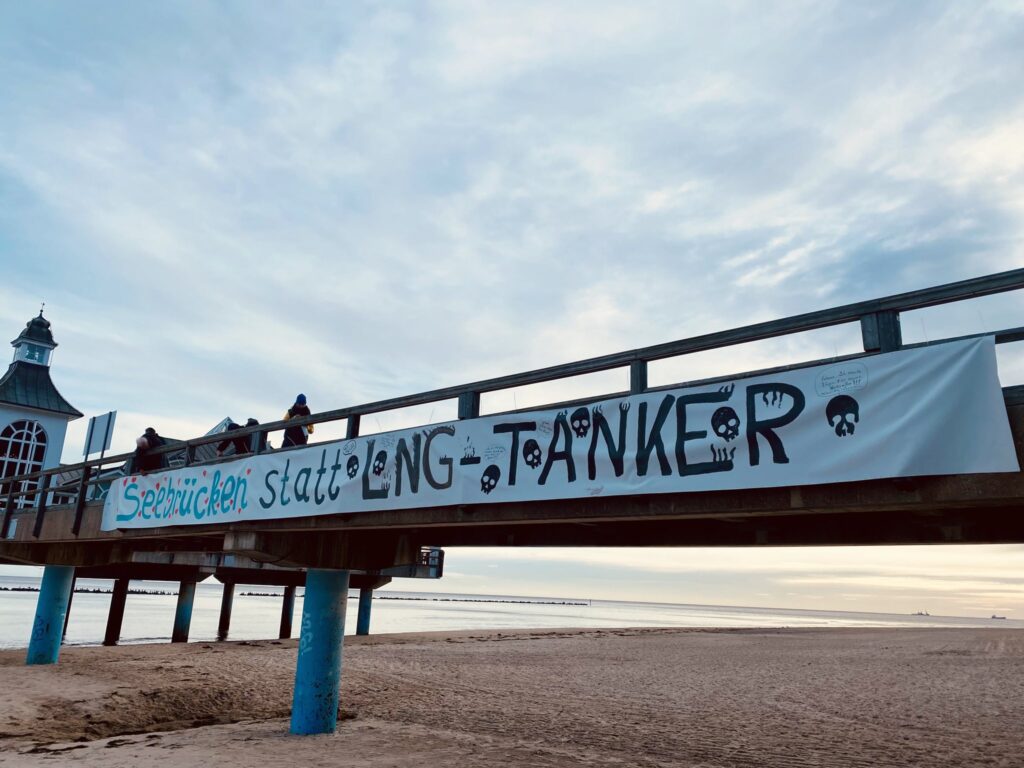
As soon as these plans were made public, a wave of protests sprang as the islanders’ discontent prevailed. They were later joined by the climate justice movement. Even though everyone’s goal was the same – to prevent the terminal from being built -, the motivations were strikingly different. While the climate justice movement wanted to spotlight the devastation of fossil fuel dependencies and the dire consequences of global warming, Rügen inhabitants were more concerned about their island’s protection and their tourism revenues. In addition, organised right-wing groups took advantage of the population’s fear, taking over the protest’s voice, spreading conspiracy theories and framing the climate justice movement as dangerous and threatening to the functioning of the island.
It was then that the idea of developing tailored community organising strategies on the matter emerged. A loose collective of activists that were evicted from Lützerath – a village that was destroyed for lignite mines, forcing the displacement of the local community – closely followed the path and plans of RWE, the company that initially wanted to conduct the LNG project but that then withdrew from it out of fear of public defamation. The task of the climate activists was not only to strengthen the ongoing local protest against the LNG but to link the struggle of fighting for global climate justice and countering the established right-winged presence. Since no one of the five activists who initiated the plan of going to Rügen could stay long-term in the island, they spread the word about the project via climate justice channels and found three climate activists who quickly mobilised themselves and moved to Rügen for three months.
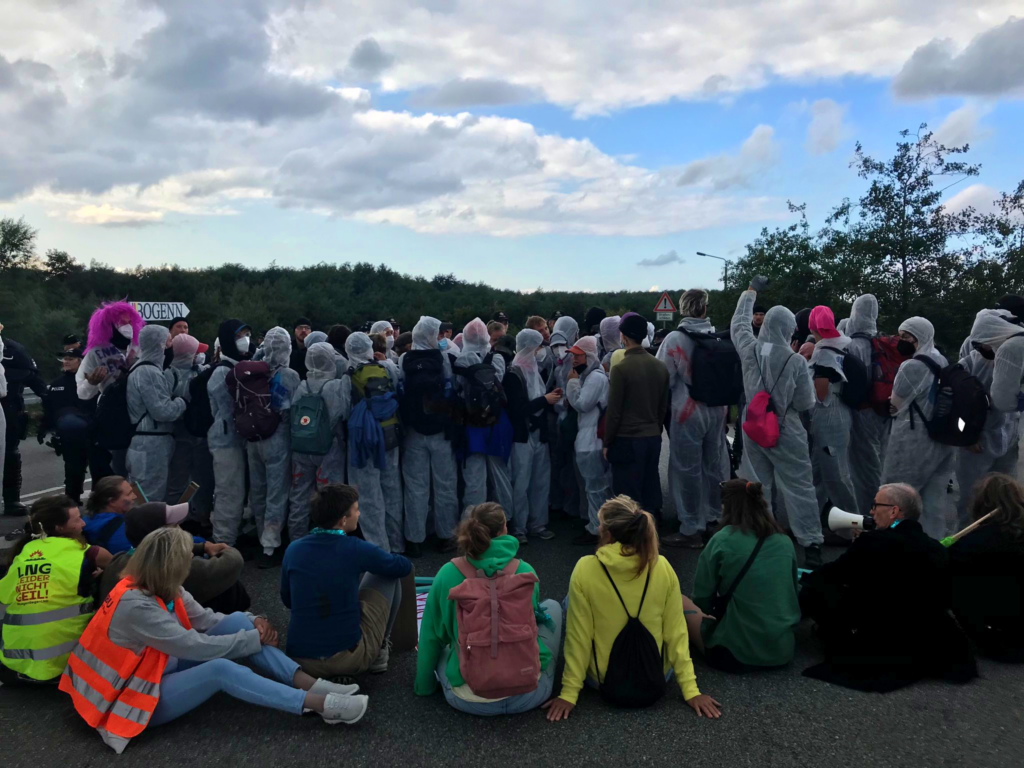
The following are the main points the three activists (of which I was part of) learned during this time.
1. Take enough time for preparation
As an organiser, you’re trying to bring a functioning system into a group or community. Therefore it’s essential to understand the dynamics of what already exists – culturally and socially. It may feel like a waste of time to go over and over little things, or to spend timeless afternoons connecting with locals, but believe me, it’s worth it. Put yourself into the position of the community you want to organise; people are just living life as usual and suddenly a stranger joins them with their own (to them foreign) opinions and visions, advocating for climate justice with a particular discourse, which might not be welcome at first sight. Of course preaching is not what you want to do, but you can quickly be seen like it. In order to gain trust, show the group that you know and care about their struggle.
2. Have an external person helping you
A very time-consuming aspect was to structure our schedules, appointments etc. – resulting in getting lost in daily stuff and sometimes losing sight of the bigger picture. It often happens when you’re in the middle of a process that you spiral into the present rabbit hole and distance yourself from the key points of your struggle and wider goals. To tack through this, it’s useful to have someone in the group who has a clear and strategic view on the wider organising process who can accompany and go over daily activities with you.
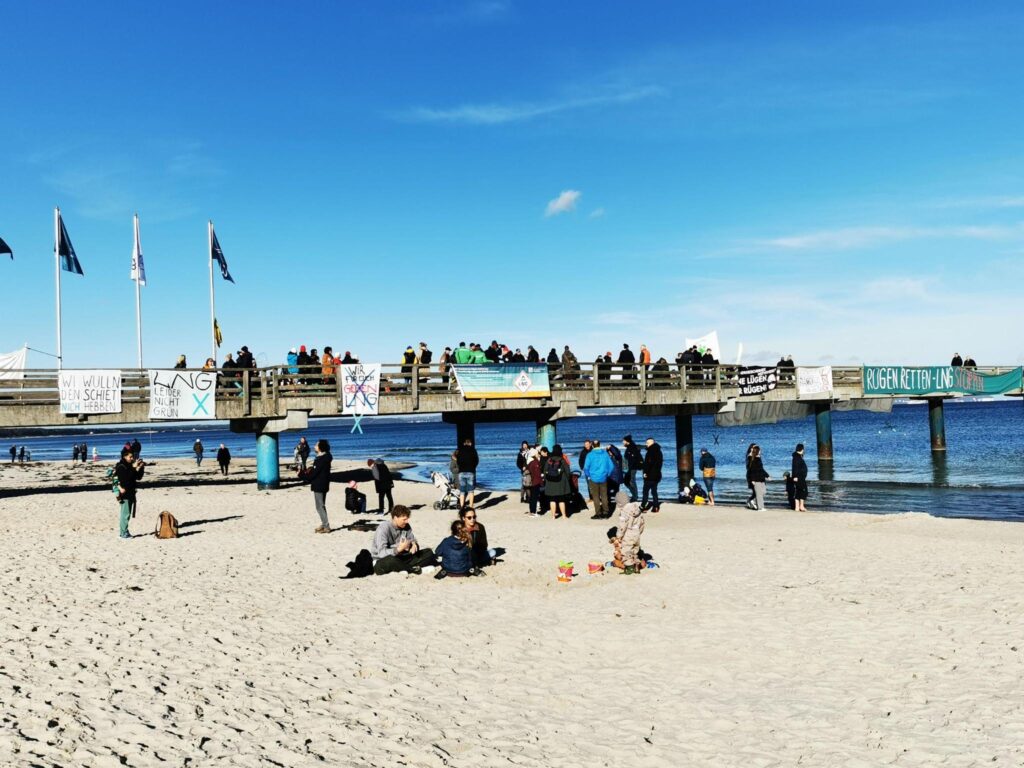
3. Don’t get frustrated when not seeing a direct impact
Organising is a long-term, sometimes exhausting process. Other than direct-action activities and approaches where you can more likely notice immediate changes, it sometimes takes months or even years to observe achievements. Be patient with yourselves and your group, embrace small victories, appreciate the ride and know your limits. Try to make and measure small steps instead of aiming too high.
4. Focus on organising instead of convincing people
You don’t want to put your political agenda on the people but instead motivate them to get politically engaged in their own way. In our case, the big majority was already against the establishment of the LNG terminal, which made it easier to know which strand of the population we would want to work with and mobilise for the cause. It was useless to try persuading those in favour of the project, since they are far too much against us activists and what we stand for. Instead, we concentrated on organising those who were passively or actively agreeing with our points to stand up for what they believed in.
5. Know your facts and stand to your beliefs
As mentioned above, everyone in Rügen was against the project – including the conservatives. We encountered a lot of people who were supposedly “neutral” and who wanted to cooperate with all groups across the political spectrum, arguing that we needed every support we could get for the wider aim of not seeing this terminal built on the island. When discussing this matter, it was important for us climate activists to have facts at hand why this would divert the process and not bring this movement to a good port by explaining the dangerous plots of right-wing parties and their supporters. Exposing lies and propaganda by arguing in a factual way with those in doubt, yet not cooperating with the far right was the sweet spot we aimed at, which resulted in some wins and some losses but overall kept us true to our values as well as our base supporters.
6. Make everyone feel as an essential part of change
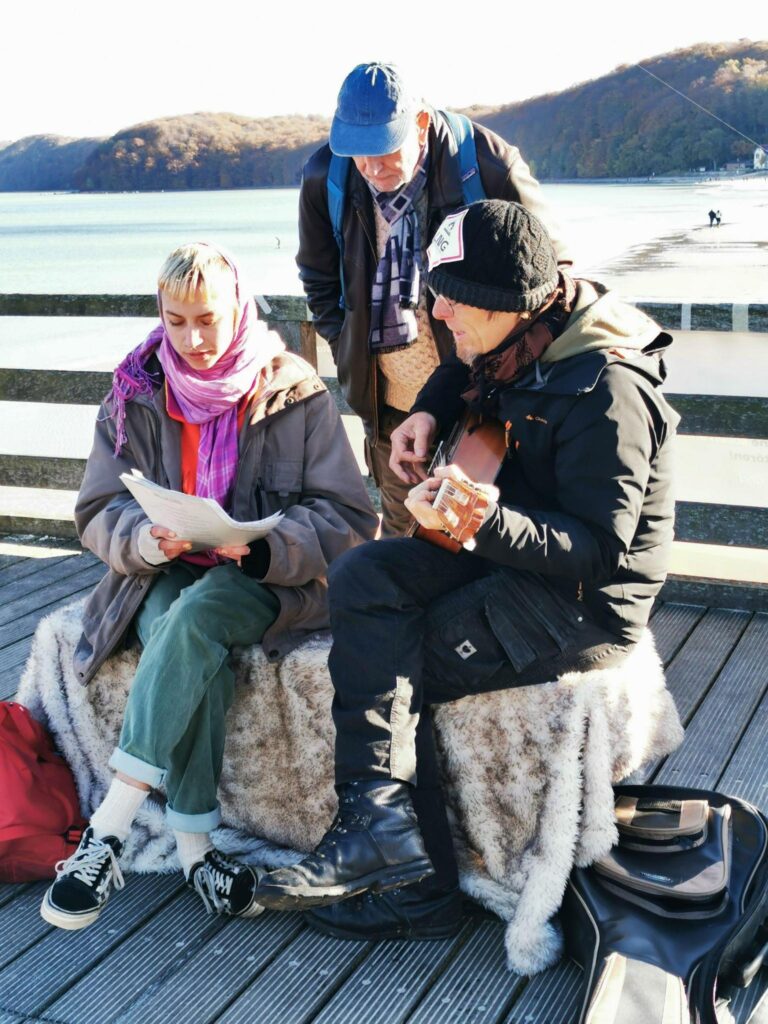
Because they are! To reach your goal(s), you need every person’s power you can get since you want to create long-lasting changes that also work after you’ve left. Look at every person as a multiplier – what they learn from you they’ll be able to pass on to many other people and it is a culture that exists beyond single people what you want to create.
Concluding thoughts
All in all, I can say that even though we couldn’t stop the LNG terminal from being built, we and the people from Rügen learned a lot through this experience. The awareness of global climate justice was raised and a connection between this local problem and worldwide struggles was made. In addition, left-winged structures were strengthened and a lot of friendships gestated from collaborating with and caring for the local population.

